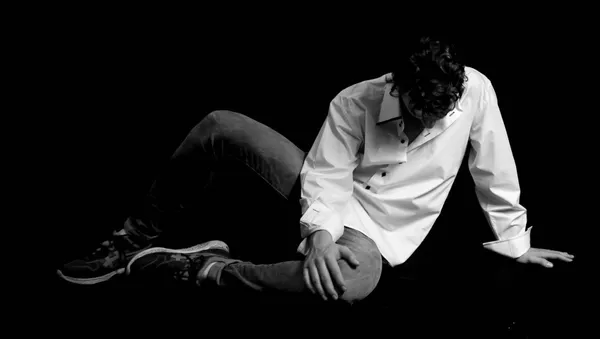Hikikomori is a Japanese term used to describe people who withdraw from society. The Health, Labor and Welfare Ministry defines hikikomori as those who have stayed at home for a minimum of six months without going to school or work, or interacting with others, according to the Japan Times.
Some 34.7 percent have been reclusive for at least seven years, 28.6 percent for three to five years and 12.2 percent have shut themselves in for four to seven years.
Saito suggests that the problem is caused primarily by the relationship between parents and children, and the pressure parents exert on children in Japan, especially male. Japanese parents have high expectations of sons, often contradicting a child's aspirations. As a result, if a child fails he loses confidence and self-esteem, followed by a period of withdrawal. Saito offers that Japan and many other countries, in which rapid post-industrialization has changed social and family structures, experience the phenomenon of hikikomori.






